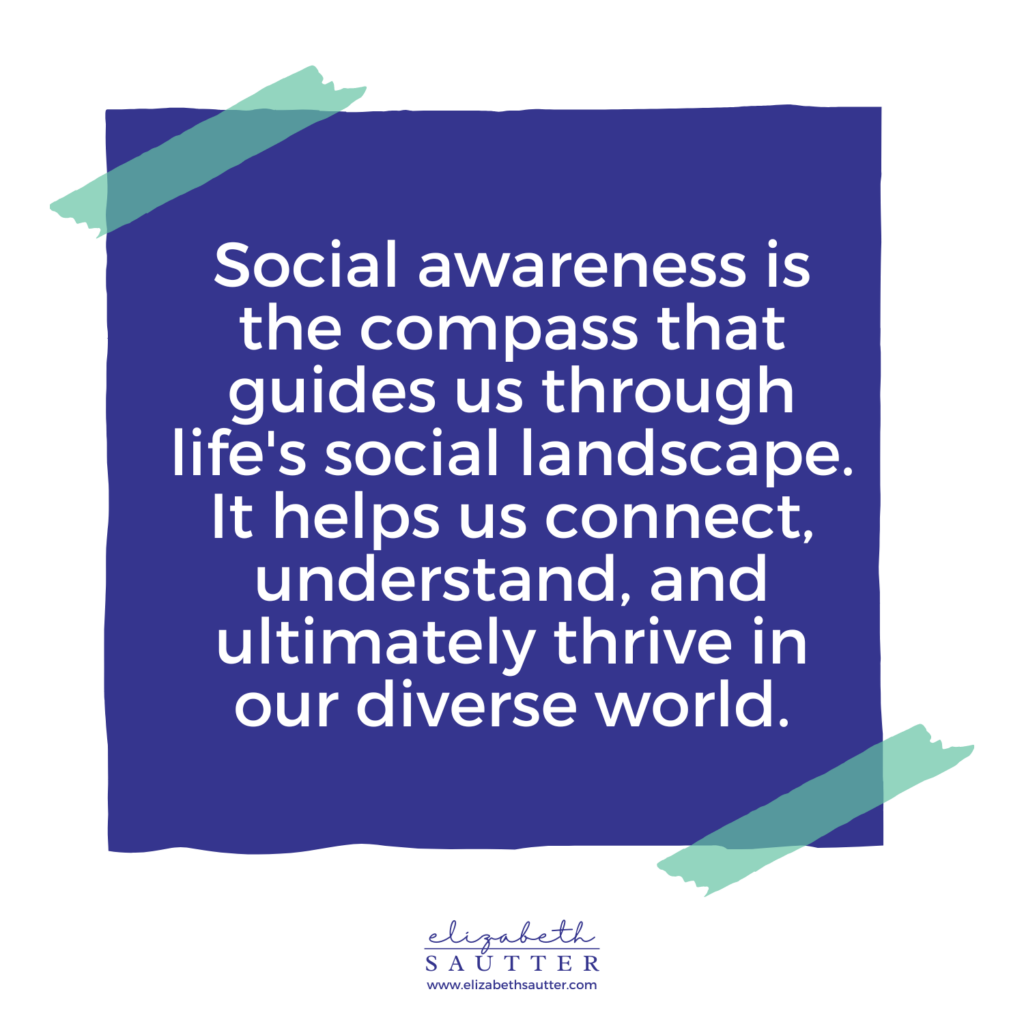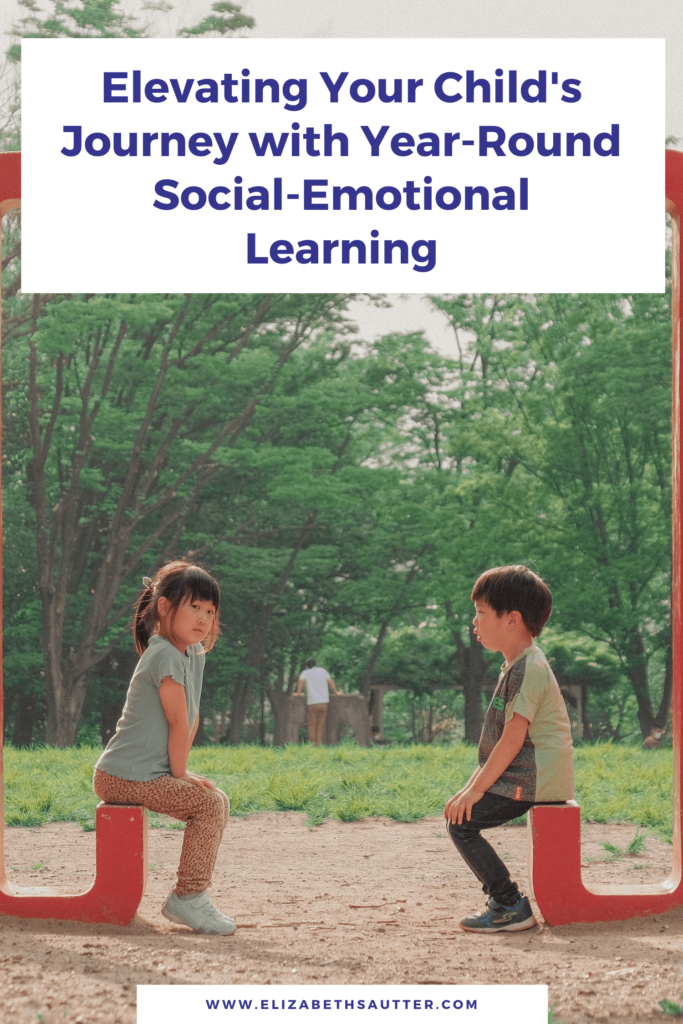What is Social-Emotional Learning (SEL)?
Social Emotional Learning (SEL) encompasses a range of skills that empower children to navigate their emotions, understand others, and forge connections. It’s not confined to a specific age group; instead, it’s a lifelong journey that begins with fostering self-awareness and empathy. Through SEL, children learn to communicate effectively, resolve conflicts, and cultivate resilience—a skill set that transcends classroom walls.
The Significance of Social Awareness:
A huge component of SEL is social awareness—a skill that spans all age groups. Social awareness involves understanding the emotions and perspectives of others, recognizing social norms, and adapting behaviors accordingly. It’s the foundation upon which meaningful relationships are built and conflicts are resolved. From identifying emotions in preschoolers to navigating group dynamics in middle school and high school, social awareness fosters empathy and effective communication.
“Social awareness is the compass that guides us through life’s social landscape. It helps us connect, understand, and ultimately thrive in our diverse world.” – Elizabeth Sautter

Mindful Social Detectives for Every Age:
For preschoolers, mindful social detective strategies involve teaching them to identify feelings in themselves and others through play and interactive discussions. Middle schoolers can explore media or real-life scenarios to analyze emotions, while high school students can delve into complex situations to decipher intentions and emotions. By honing these skills, children of all ages develop empathy and a nuanced understanding of social dynamics.
Hidden Social Cues:
Understanding hidden social cues is pivotal for children of all ages. In preschool, it might mean learning to share and take turns, while middle schoolers can navigate the subtleties of group interactions. High school students grapple with forming authentic connections and identifying supportive individuals who share interests and values. Teaching children to decipher these cues prepares them to make informed decisions in their social interactions.
Empowering Lifelong Success:
Within the pages of Make Social and Emotional Learning Stick: Practical Suggestions to help your child manage emotions, navigate social situations and reduce anxiety, parents and educators find a treasury of strategies tailored to various age groups. These strategies empower children to thrive academically, cultivate positive relationships, and confidently face challenges. By embracing SEL, we provide children with tools that extend far beyond school walls, setting the stage for lifelong success.
 Join the Upcoming Workshop –
Join the Upcoming Workshop – 
